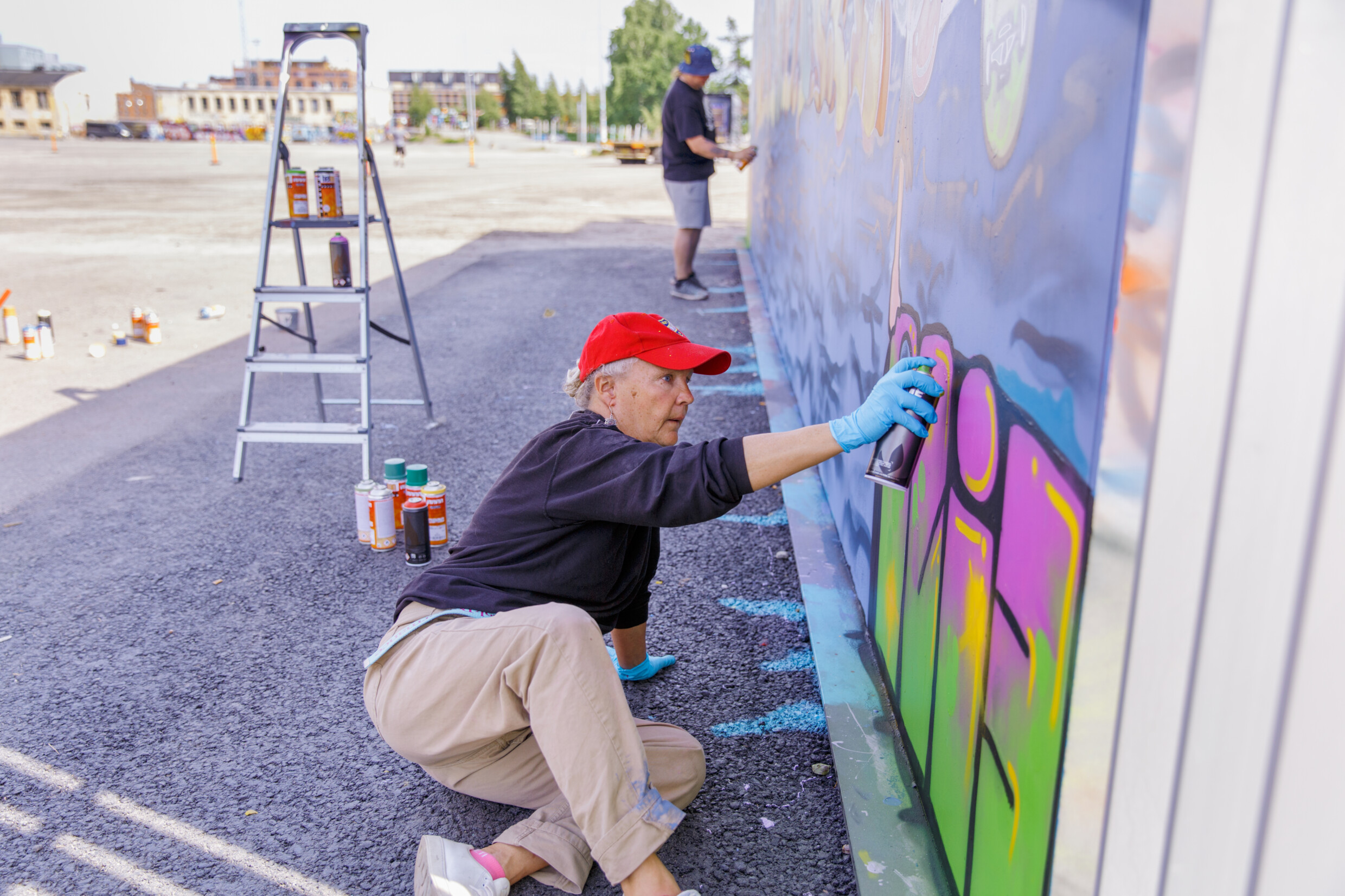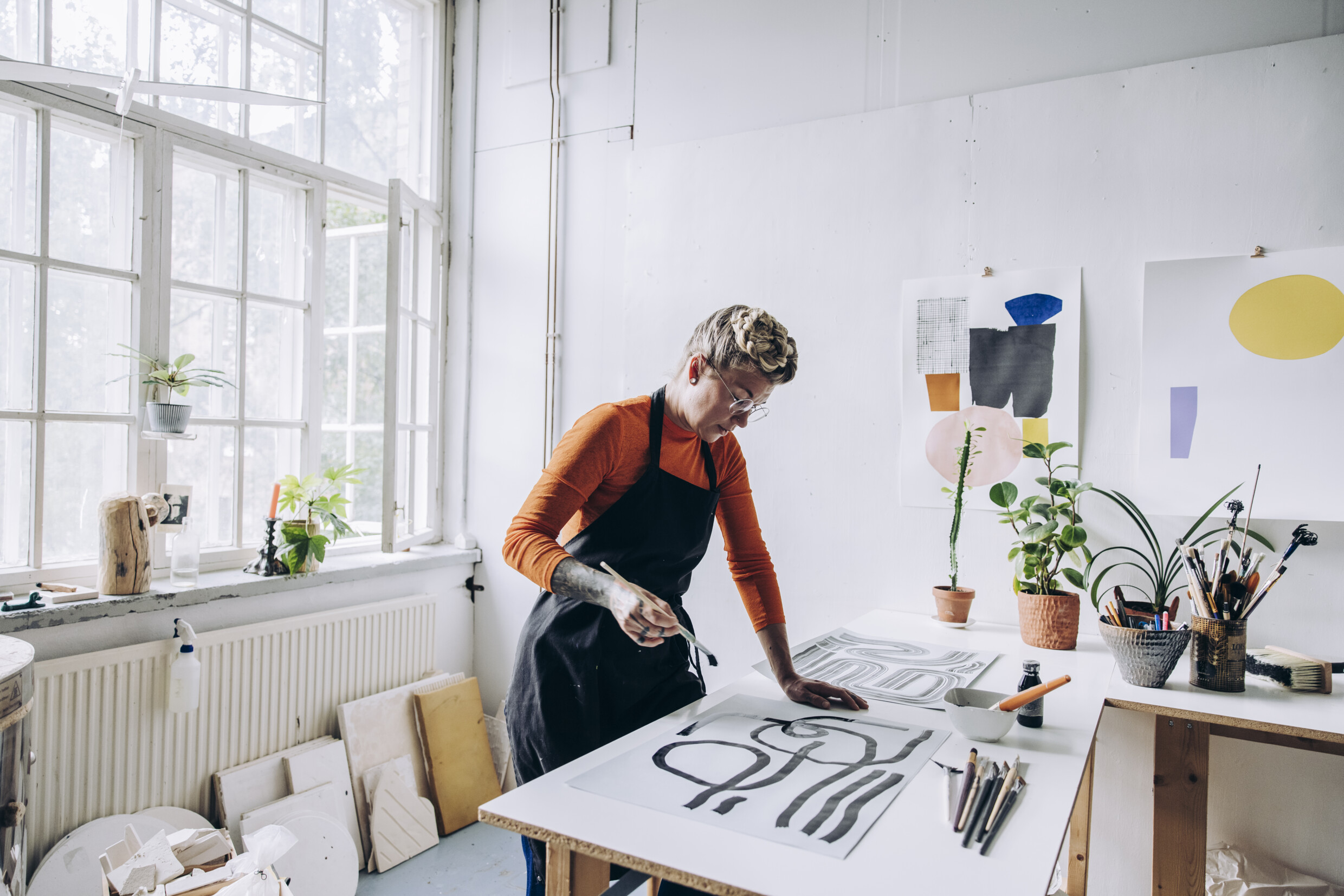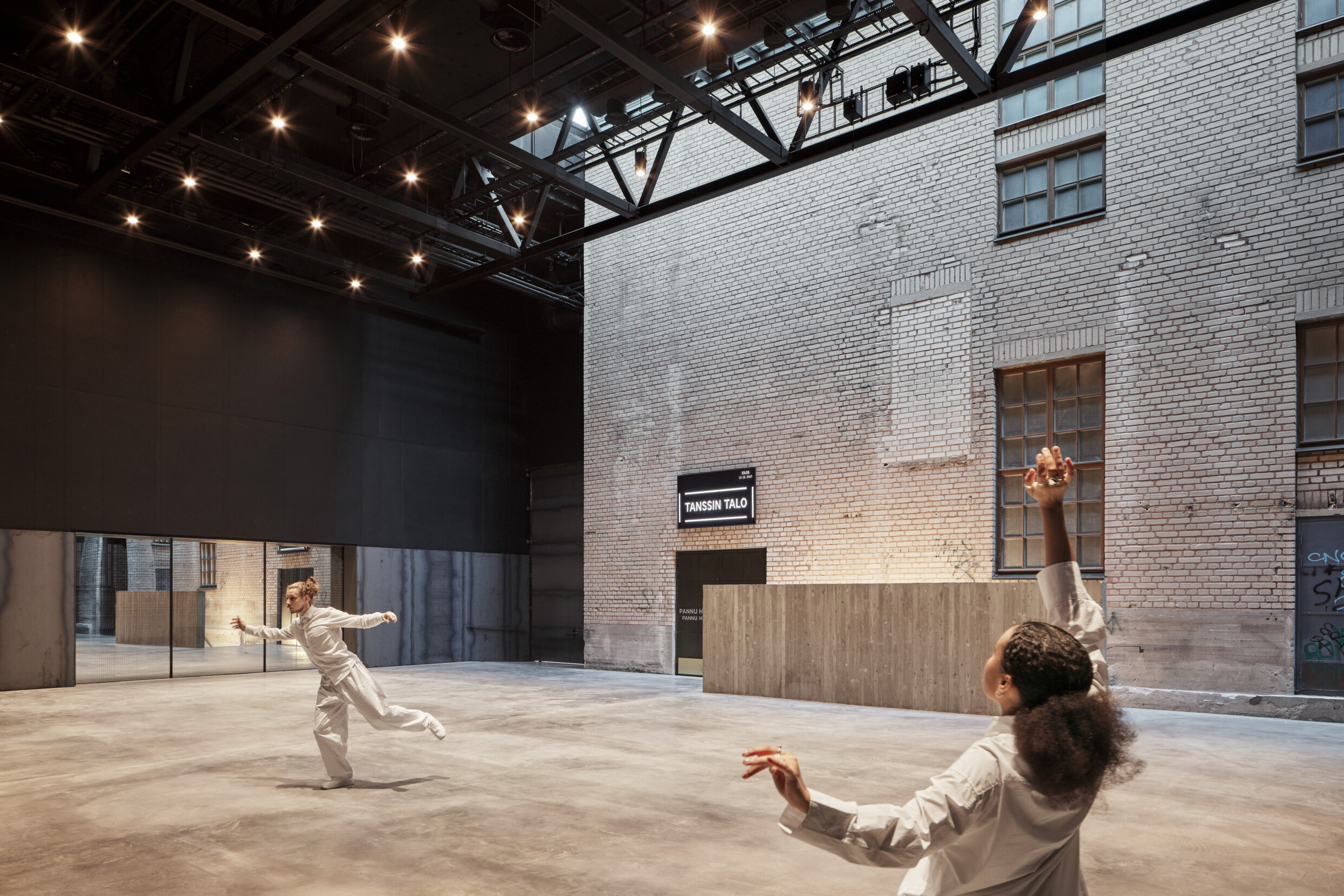Achieving the Sustainable Development Goals requires a cultural change in many of the ways of thinking and acting that we have grown up with, that shape our lives and that we pass on to younger generations. In order to be able to build an ecologically, socially and economically sustainable city, we need to recognise and understand our culture – the beliefs, institutions and morals that shape our actions – in a more informed way.
In this review, we examine the cultural sustainability of Helsinki from the perspective of the City’s cultural services, cultural heritage and design. The selected perspectives are not an exhaustive list of cultural sustainability phenomena and actions affecting Helsinki – however, they give an idea of how and where Helsinki works for a more culturally sustainable city.


Art and culture
Helsinki provides its residents with a wide variety of cultural and educational services and funds a diverse range of art-related and cultural activities, from basic art education to exhibitions. The regional library and cultural centre services play a key role in this.
Read more

Design
Design has been part of the Helsinki City Strategy for more than a decade. For example, Helsinki is one of the world’s first cities to appoint a Chief Design Officer. During the strategy period 2021–2025, design has been a more systematic part of user-oriented service renewal and the improvement of the City organisation’s productivity.
Read more

Cultural heritage
Cultural heritage is the result of human activity and interaction with the environment. The changing of values, beliefs, skills and traditions is a key characteristic of cultural heritage.
Read more